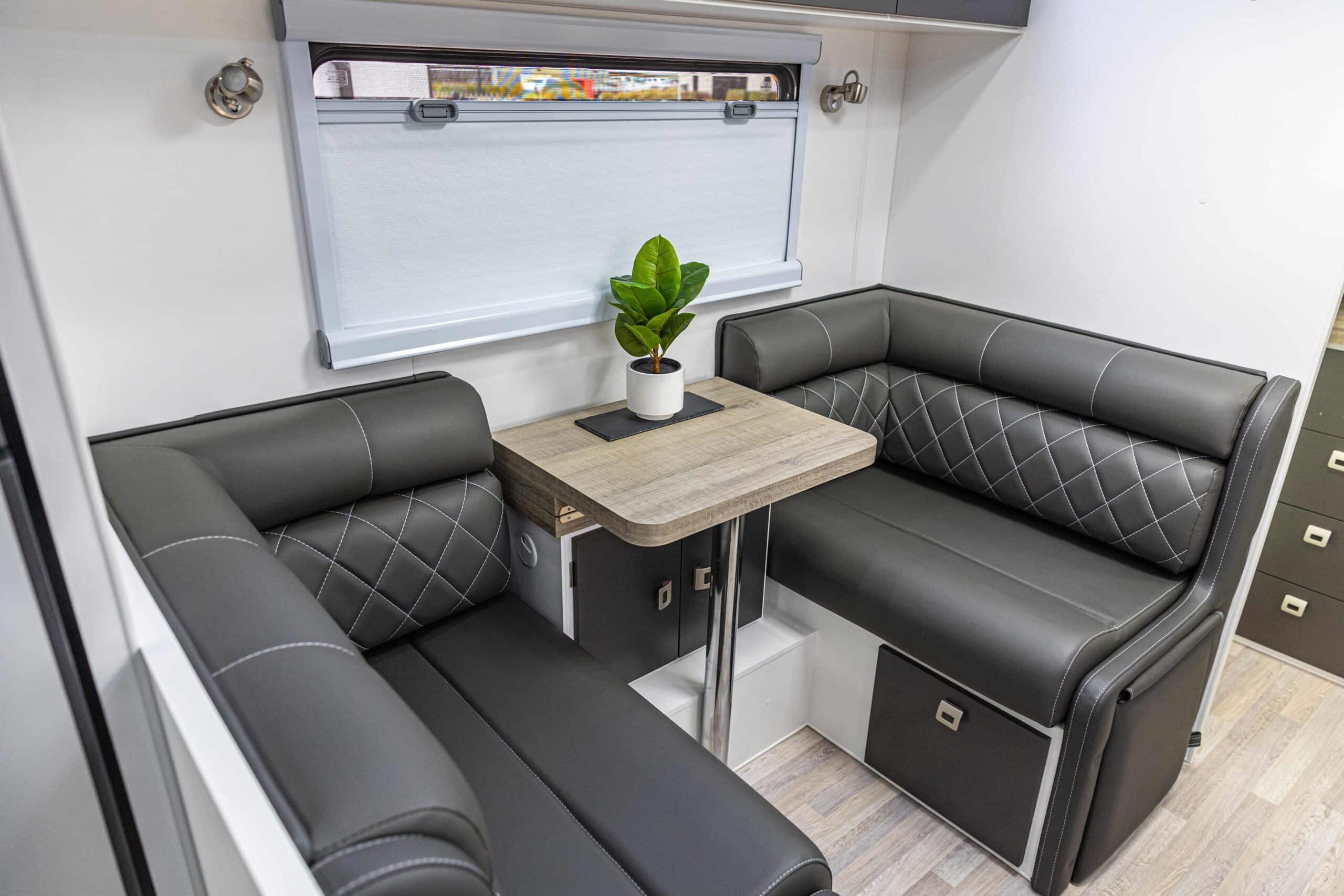Are you planning a road trip or camping adventure? And considering whether an off-road trailer or a traditional RV is the right choice for you. It’s crucial to comprehend the differences before choosing an option. Both choices have advantages and disadvantages.
Size
First, let’s talk about size. Traditional RVs are typically larger than off-road trailers, with more living space and amenities. If you’re traveling in a big group and want a more opulent experience. This could be a benefit. Finding parking spaces or navigating through tight spaces may become more challenging as a result.
Weight
Off-road trailers are more lightweight and compact. It is simpler to tow and control them in difficult terrain. They frequently cost less than conventional RVs, which may be a deciding factor for travelers on a tight budget.
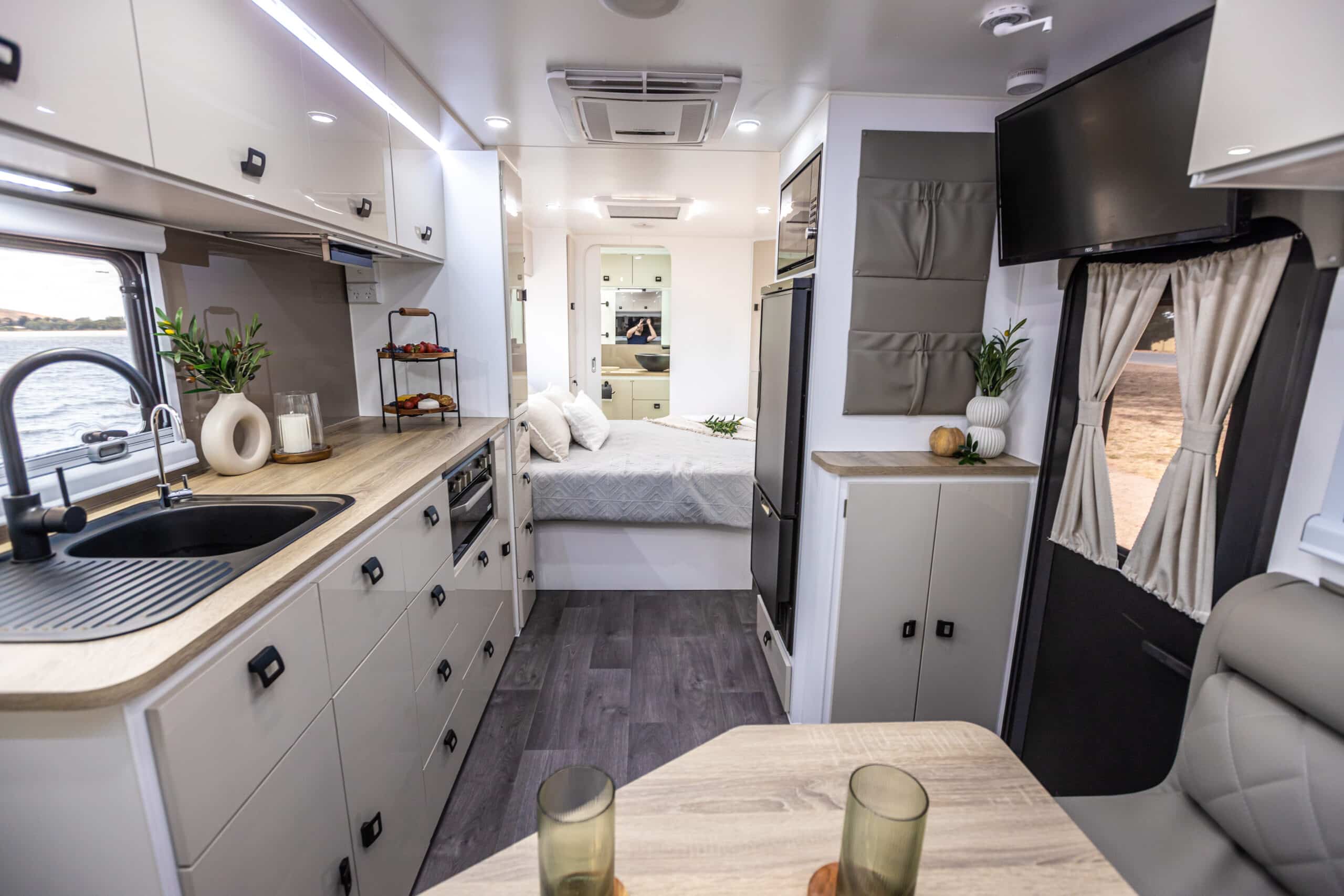
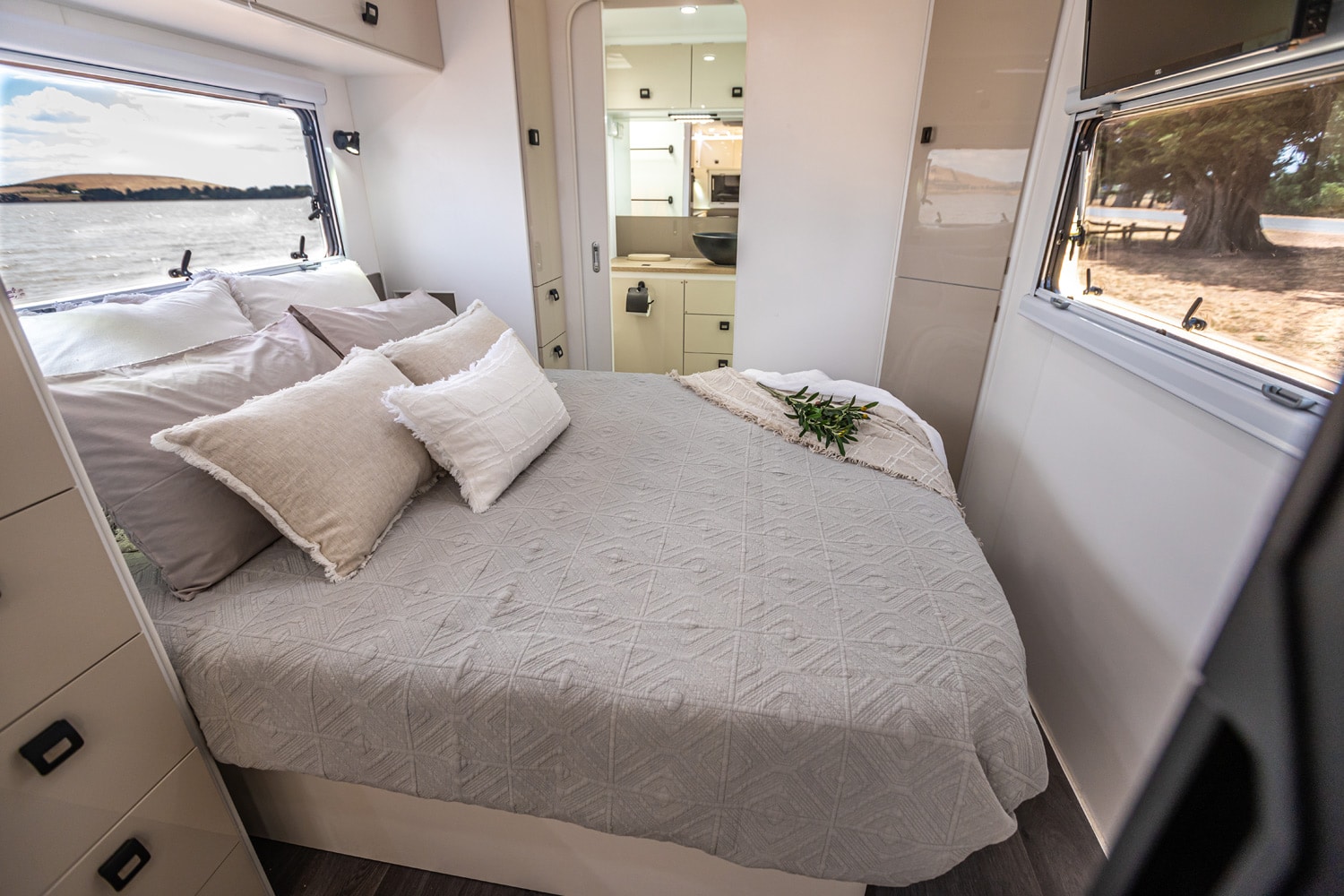
Features
Both off-road trailers and conventional RVs can provide a variety of amenities. You will find amenities such as kitchens, bathrooms, and sleeping quarters in both. However, traditional RVs often have more space for these features, with larger refrigerators, stoves, and bathrooms. Off-road trailers might only come with a few basic amenities. But they can still be tailored to meet your particular requirements.
Mobility
Off-road trailers and conventional RVs differ greatly in terms of mobility. Traditional RVs are designed for long-term stays in RV parks or campgrounds, with features like hookups for water and electricity. The opposite is true of off-road trailers. They are designed for adventure. And are capable of navigating difficult terrain and off-the-grid camping. This enables you to travel to remote areas with your off-road trailer. And has a more immersive experience of the natural world.
Maintenance
When it comes to maintenance and upkeep, both off-road trailers and traditional RVs require regular cleaning and maintenance. Traditional RVs cost more to repair and maintain. And this is due to their size and complexity. Off-road trailers may be easier to maintain. But they may also be more vulnerable to damage from rough terrain.
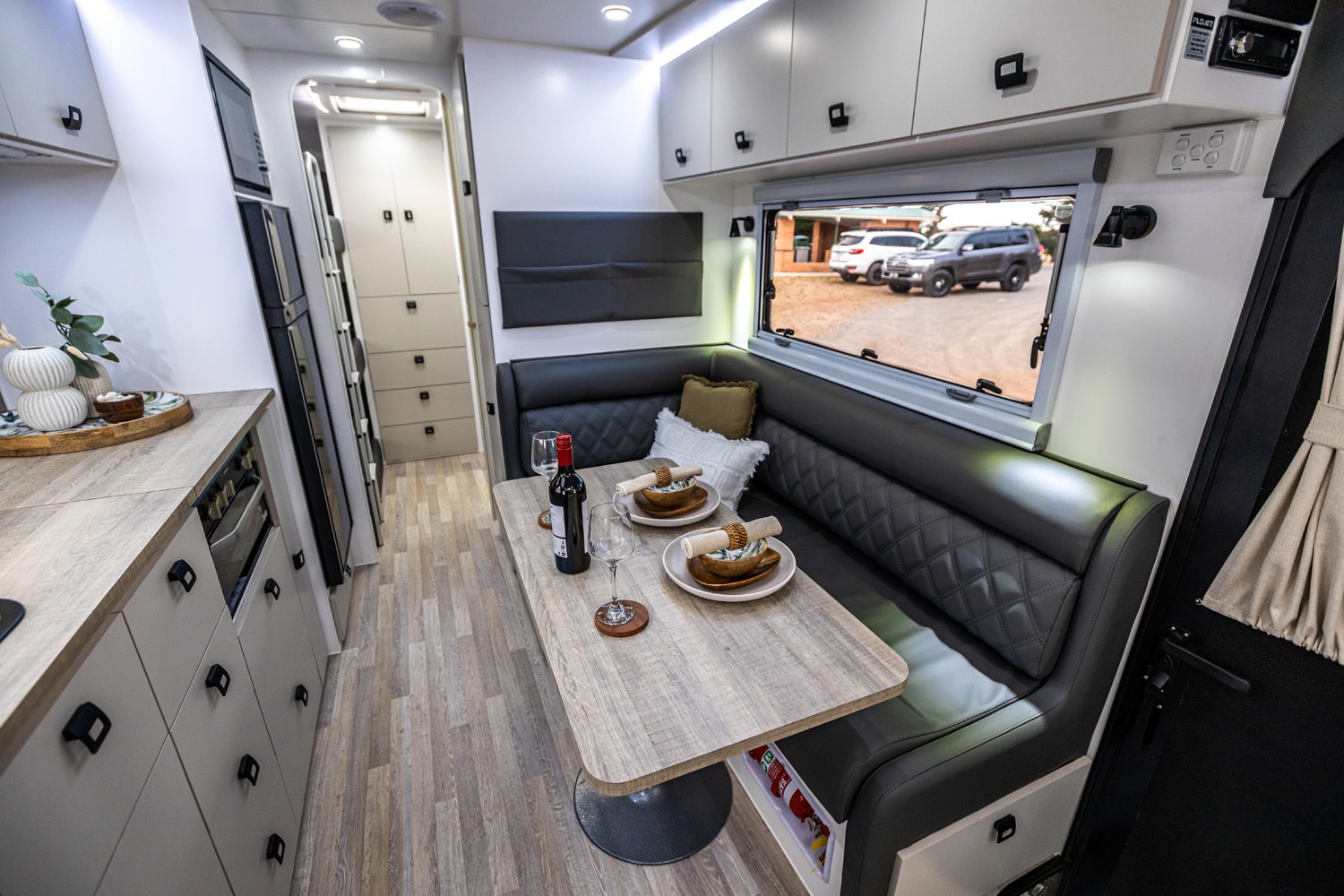
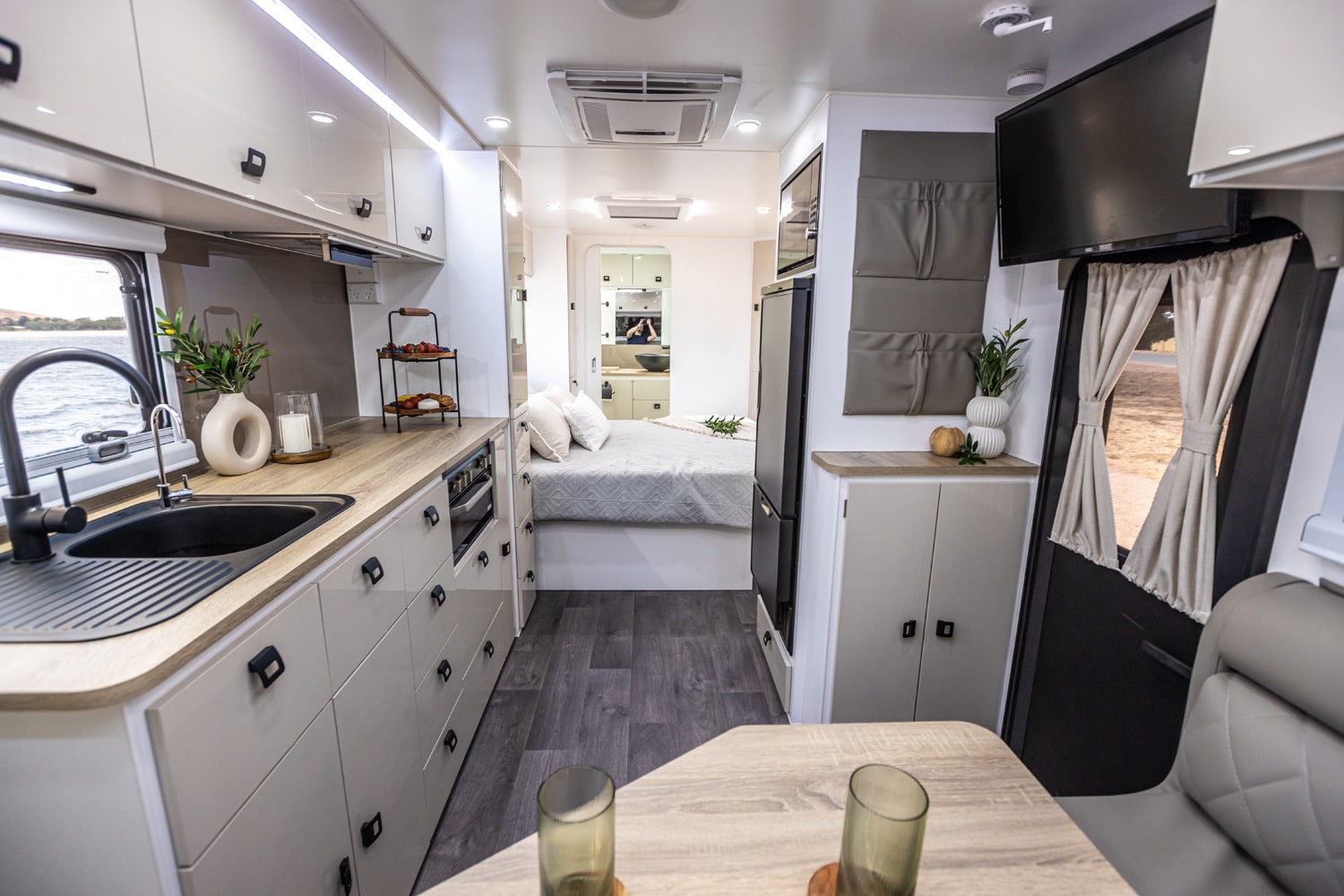
View Our Range of Recreational Vehicles (RVs)
Case Studes
Let us look at these few case studies. This can assist you in making a choice. Meet John and Sarah, a couple in their 50s who love to travel and camp. They have a large family. And often take their children and grandchildren on trips. They decided to purchase a traditional RV for its size and amenities, including a full kitchen and bathroom. They also appreciate the convenience of staying in RV parks with hookups for water and electricity.
Now let’s meet Jack and Jill, a young couple in their 20s. They love to hike and explore nature. They purchased an off-road trailer for its compact size and ability to handle rugged terrain. They appreciate the freedom to camp off the grid and experience nature in a more immersive way.
In the end, your personal preferences and travel preferences will determine whether you choose an off-road trailer or a conventional RV. If you value luxury and convenience, then a traditional RV may be the right choice for you. If you prioritize adventure and mobility, an off-road trailer may be the way to go. Research the best option which suits you and choose based on your needs and budget.

![CRX_[HERO]_SHADOW](https://designrv.com.au/wp-content/uploads/2023/04/CRX_HERO_SHADOW.png)
![MICA-EVX_[HERO]_SHADOW](https://designrv.com.au/wp-content/uploads/2023/04/MICA-EVX_HERO_SHADOW.png)
![MICA-OFF-ROAD_[HERO]_SHADOW](https://designrv.com.au/wp-content/uploads/2023/04/MICA-OFF-ROAD_HERO_SHADOW.png)
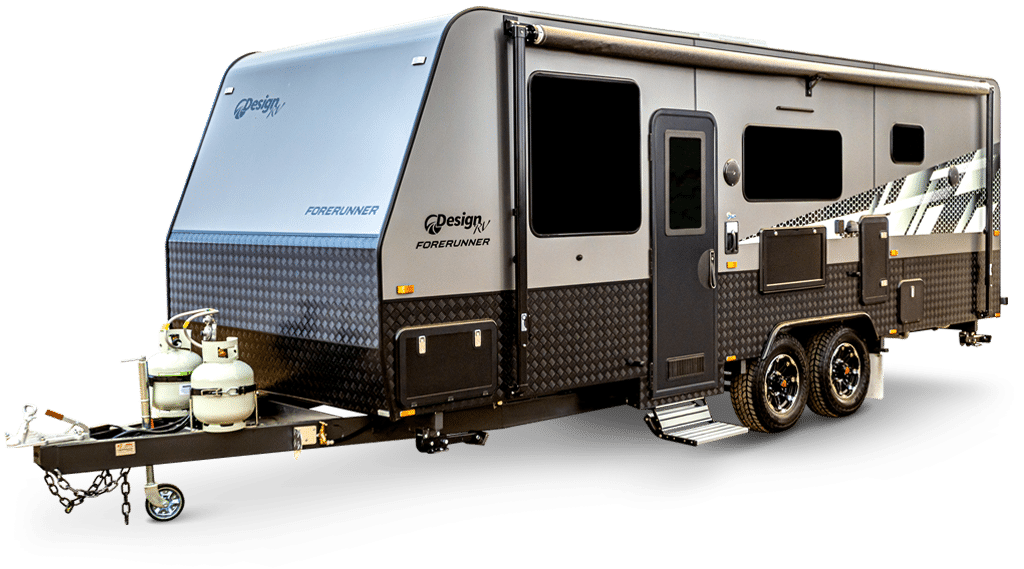
![STRYKER_[HERO]_SHADOW](https://designrv.com.au/wp-content/uploads/2023/04/STRYKER_HERO_SHADOW.png)
![MICA-206_[HERO]_SHADOW](https://designrv.com.au/wp-content/uploads/2023/04/MICA-206_HERO_SHADOW.png)
![GETAWAY_[HERO]_SHADOW](https://designrv.com.au/wp-content/uploads/2023/04/GETAWAY_HERO_SHADOW.png)

